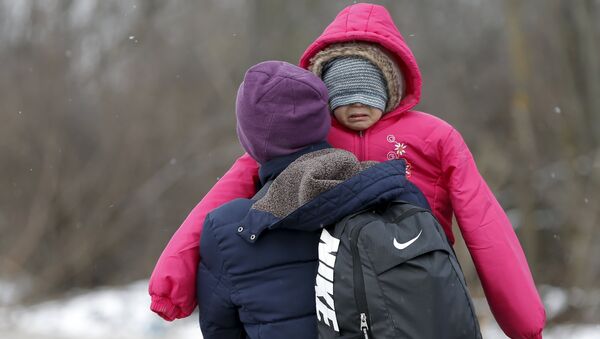Greece doesn't like Macedonia — has a problem with the name. Thinks it stole it from an ancient Greek province south of the border. Macedonia doesn't care. It's got its own problems to sort out, involving corruption and covert surveillance of politicians; and finishing that massive fence designed to keep the refugees out.
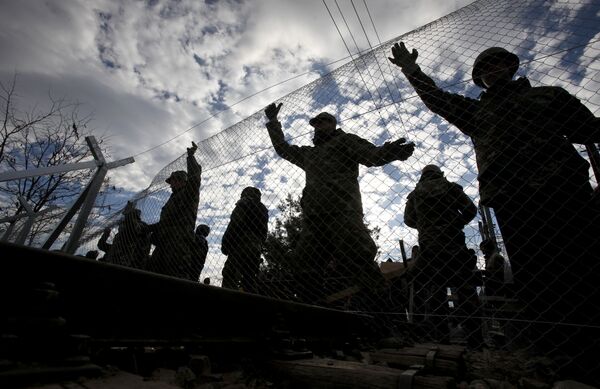
Germany doesn't like Greece. Brussels doesn't much either — since the country's economic crisis. The European Commission (EC) has also concluded that Greece has behaved disastrously over the refugee crisis.
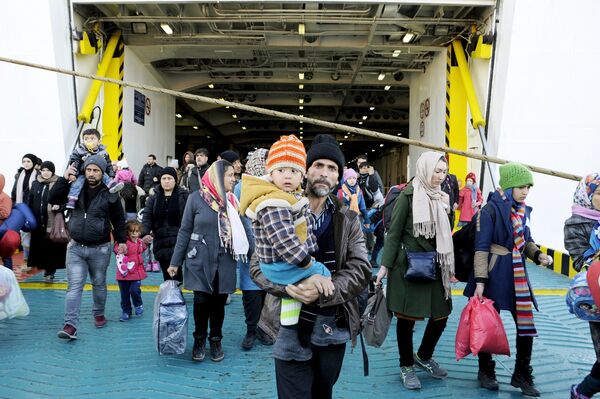
Firstly, by allowing too many refugees and migrants through to Germany (which had agreed to have them), without registering them properly; secondly, for the "inhumane" treatment asylum seekers and refugees have to put up with; thirdly, for "seriously neglecting" its duty to protect its external borders.
The majority of refugees arrive on Greek islands after crossing the Aegean Sea from Turkey.
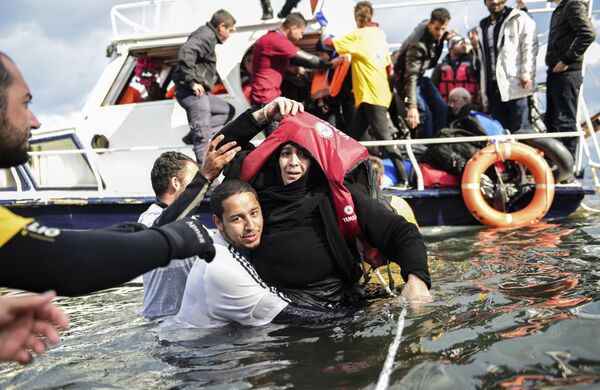
Greece doesn't much like Turkey either and the feeling is mutual — since 1832. But the EU does now, recently striking a deal with Ankara and offering money as well as EU membership, if Turkey stops people smugglers and holds onto hundreds of thousands of refugees.
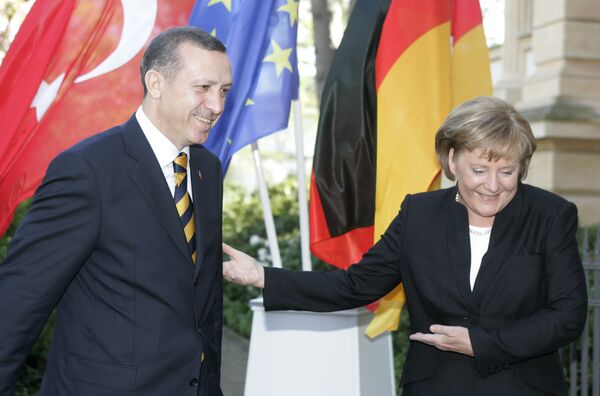
But despite Germany's best laid plan to stop the flow of migrants into Europe — by keeping them in Turkey — little has changed in the numbers arriving — and the willingness of Ankara to stop them.
A recent report looking into the EU deal with Turkey suggested that the numbers of people heading to Greece had not dropped.
"In December, the number of registered arrivals by sea from Turkey to Greece remains at an average level of approximately 4,000 persons per day," said the report seen by EU leaders.
It appears up until now that the EC had forgotten that the Balkan route overtook the Mediterranean one as the most popular route for migrants to reach the European Union.
Meanwhile, Macedonia which segregates refugees and economic migrants only allowing asylum seekers from Afghanistan, Iraq and Syria through to Greece — has closed its border again.
And with the new reinforcement fencing complete, Brussels looks keen on asking Macedonia to become the "second line of defense" for Europe.
"Macedonia is our second line of defense," a high ranking EU official said, according to German news site, Spiegel online, suggesting that the plan has the support of the European Commission President Jean-Claude Juncker.
It's clear that #refugeecrisis management cannot be a blame game, but a joint European project based on solidarity and responsibility.
— Alexis Tsipras (@tsipras_eu) February 5, 2016
However, Greek PM Alexis Tsipras has already warned the EU that it faces becoming a "black box for refugees" and should Europe seal its borders on the Balkan route — there would be a massive backup of hundreds of thousands of migrants in Greece, shut out of the Schengen zone, leaving them in a country that the EC has already accused of handling the crisis "inhumanely."
That's why Brussels could look to Macedonia, not a member of the EU, to help solve the problem.

